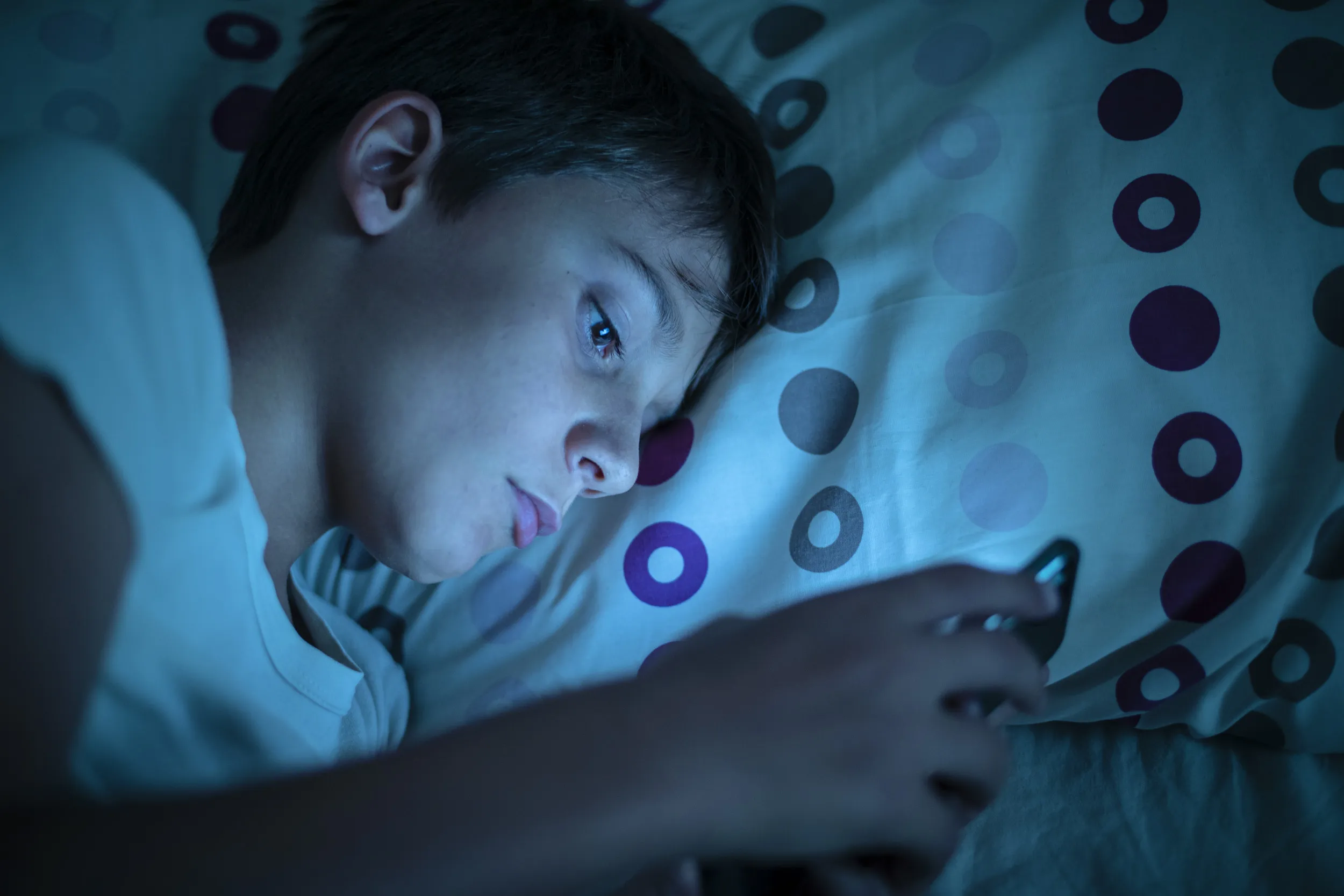Understanding Sleep: The Impact of Screen Time on Kids in New Zealand

Study Overview and Findings
In a pivotal study conducted by scientists at the University of Otago in New Zealand, researchers tracked the screen time and sleep habits of 85 children aged 11 to 14. The study utilized body cameras, in-room cameras, and sleep monitoring devices over one week to gather comprehensive data.
Key Observations
- Active Screen Time vs. Passive: The results indicated that active screen usage, particularly in bed, was significantly associated with poor sleep quality.
- Timing Matters: Using screens during the two hours prior to bedtime did not correlate with several measures of sleep health.
- Location of Screen Time: Where children use screens plays a critical role in their sleep patterns.
Implications for Children's Health
The findings of this study present crucial implications for parents and educators regarding screen practices. As sleep is vital for children's development, understanding the nuances of screen time can aid in fostering healthier sleep environments.
This article was prepared using information from open sources in accordance with the principles of Ethical Policy. The editorial team is not responsible for absolute accuracy, as it relies on data from the sources referenced.